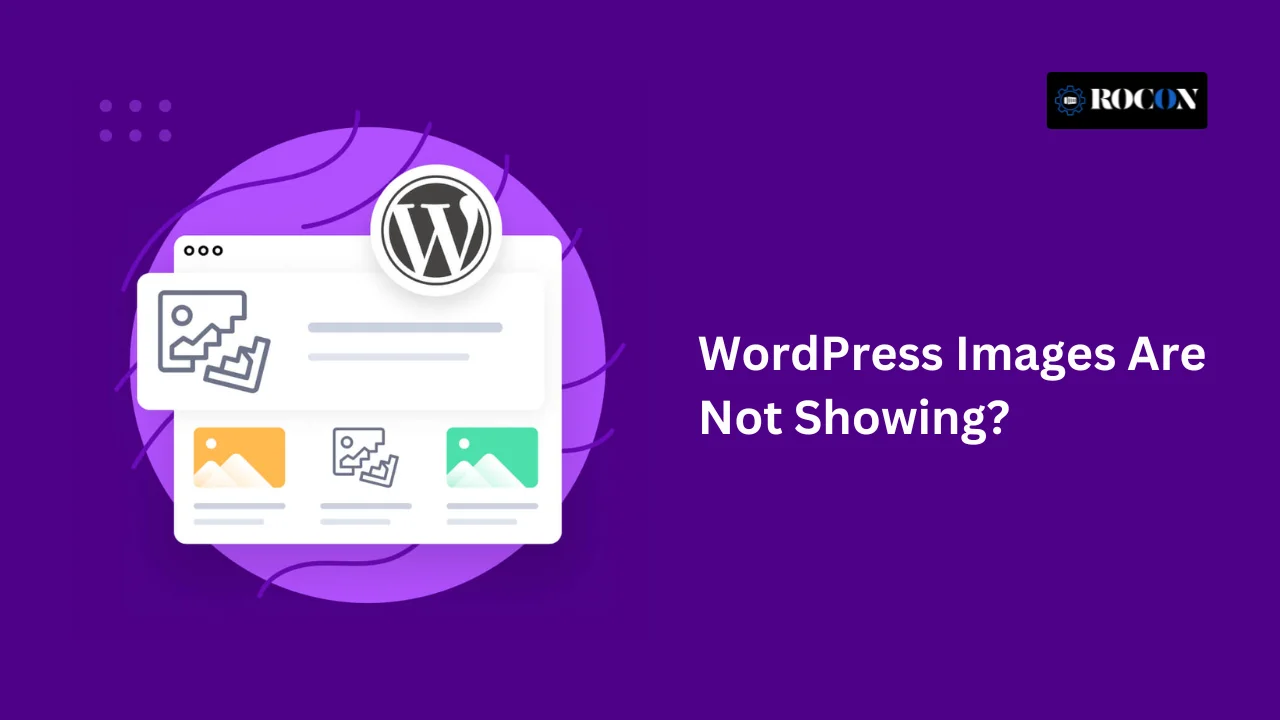Preventing image issues in the future so that your WordPress site always displays images without problems needs to be managed proactively. Preventing image issues begins with choosing a good web host that hosts images and has robust security, performance, and storage features optimized for WordPress.
Utilizing a professional image optimization plugin like ShortPixel, Smush, or Imagify compresses images without compromising quality. These plugins can greatly enhance load speeds and avoid errors that result from big media files.
When uploading images, make sure they are properly named and formatted. Use standard formats like JPG and PNG and never use unusual or experimental types unless your theme explicitly supports them. This helps enhance browser and device compatibility.
Periodic maintenance is also a very important phase. Always update your WordPress core, themes, and plugins. Older software creates bugs or security vulnerabilities that affect the way images are handled. Also, regularly scan your site for orphaned image links with a plugin or SEO package.
Finally, don’t forget backups. Use a scheduled backup plugin that covers your Media Library so you can quickly restore content in the event of failure, migration issue, or accidental deletion. A solid backup routine can save you hours of troubleshooting someday.
- Use good hosting with image optimization features
- Install image optimization plug-ins (ShortPixel, Smush, Imagify)
- Don’t upload very large images
- Stay current with WordPress, theme, and plug-ins
- Back up your Media Library regularly


Leave a Reply